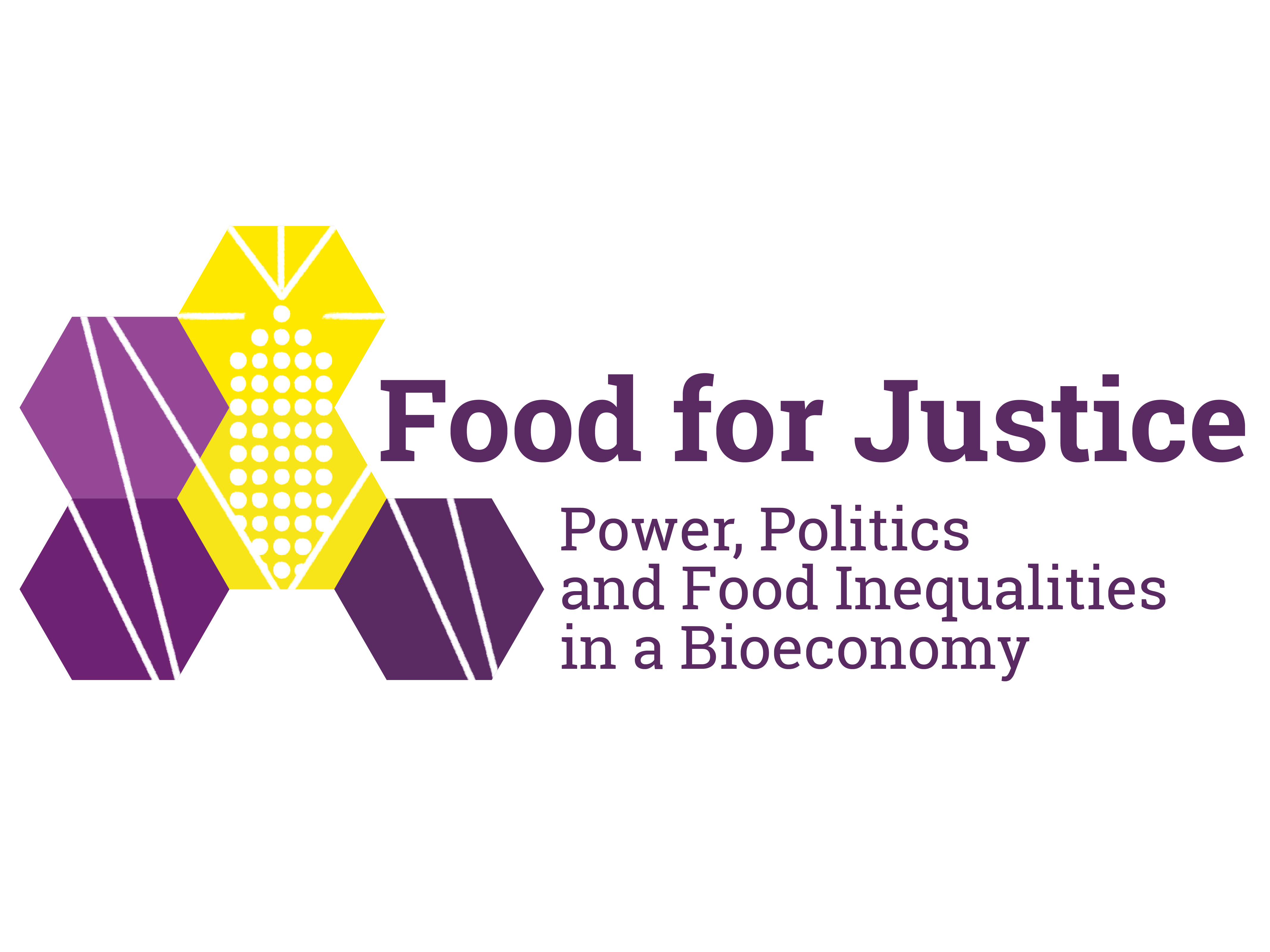Working Paper 7: Food and urban politics in Belo Horizonte
Agroecology, activist coalitions, and bottom-up technologies of sustainable urbanization
Identifiers (Article)
Abstract
In this Working Paper, I aim to contribute to the emerging debate between food and urban studies by bringing to the fore the socio-political dimension of the food system and its urban context. Guided by the general research questions of the project “Food for Justice: Power, Politics, and Food Inequalities in a Bioeconomy”1, this research is embedded in a case study on food politics in the city of Belo Horizonte. It deals with the social innovations of the agroecological and housing movements of the city and the dwellers of Izidora, inhabitants of a so-called “informal settlement”, whose engagement in the fight for housing and the right to the city has yielded remarkable achievements in building activist coalitions and re-signifying marginal urban spaces. Drawing on digital-ethnographic fieldwork I conducted between January and December 2020, I analyze the context, use, and reach of these social innovations as an instrument to transform urban development in the peripheries of Belo Horizonte.
1 (i) What are the main justice claims against inequalities in the food system that mobilize citizens and consumers in different world regions? (ii) Which social innovations emerged from those concerns? (iii) How can successful social innovations influence public policies?
Statistics


Published (Versions)
- 2024-06-12 (2)
- 2023-11-24 (1)





